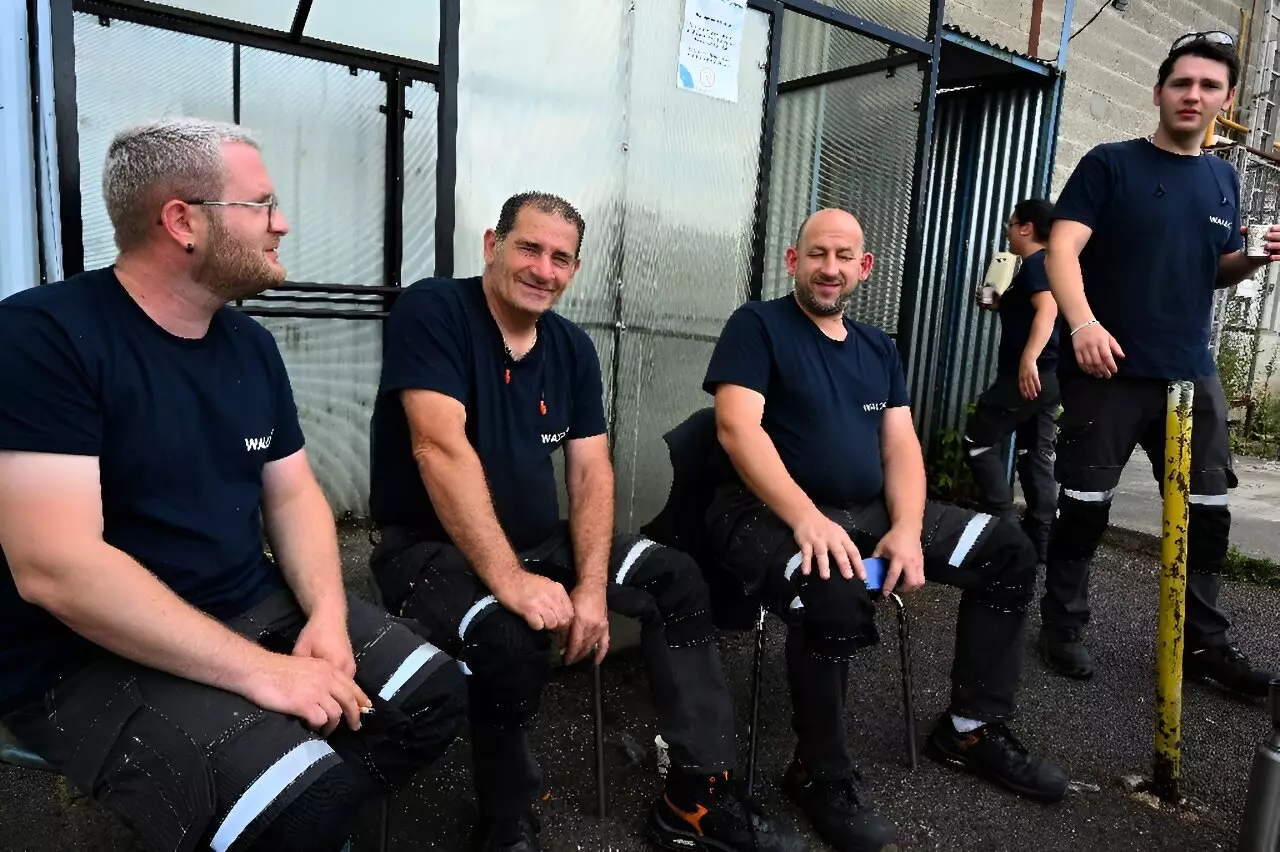As France makes plans to phase out new combustion engine cars by 2035, workers in the auto industry are feeling anxious about the future of their jobs. While there is some hope in regions like the north of the country where a “Battery Valley” is emerging, employees at parts suppliers in other areas are less optimistic. With the sale of new petrol and diesel cars set to end in Europe within the next decade, the industry, which currently employs 200,000 people in France, is facing a drastic transformation.
Workers, such as Severine Person, a quality control expert at a facility in the Ardennes region, express their concerns about the lack of investment in transitioning to electric vehicles. The facility, acquired by Walor in 2018, produces parts for tractors and trucks that may not be affected by the shift to EVs. However, there is uncertainty surrounding the demand for other components like transmission differential housings and engine manifolds. This has led to fears of closures and layoffs among employees.
Despite the challenges faced by some parts suppliers, the mood is different in the north of the country, where battery “gigafactories” are being established. Companies like the Automotive Cells Company (ACC), a joint venture involving Stellantis, Mercedes, and TotalEnergies, are investing in building massive battery plants. These initiatives are not only creating new jobs but also providing retraining opportunities for existing employees.
According to industry estimates, the shift towards electric vehicles could potentially create around 17,000 new jobs in battery manufacturing and recycling facilities by 2026. However, concerns remain about the overall impact on employment in the sector. Studies indicate that as many as 65,000 jobs in the automotive industry could be at risk by 2030 due to the transition to EVs. Economists like Bernard Jullien predict that job losses in the auto parts sector alone could reach 40,000 over the next 10 to 15 years.
There are growing fears that car manufacturers and suppliers might resort to offshoring production in response to the shift towards electric vehicles. This could lead to a situation where jobs are moved overseas, leaving many workers unemployed. The trend towards cost-cutting and increased automation in manufacturing processes further exacerbates concerns about job security in the industry.
Despite efforts to transition to electric vehicles and establish new battery manufacturing facilities, the French auto industry is facing an uncertain future. The electrification of cars, while promising environmental benefits, also poses challenges in terms of job displacement and potential offshoring of production. As the industry grapples with these changes, it remains to be seen how many workers will be able to adapt to new roles and how many may be left out in the cold.


Leave a Reply